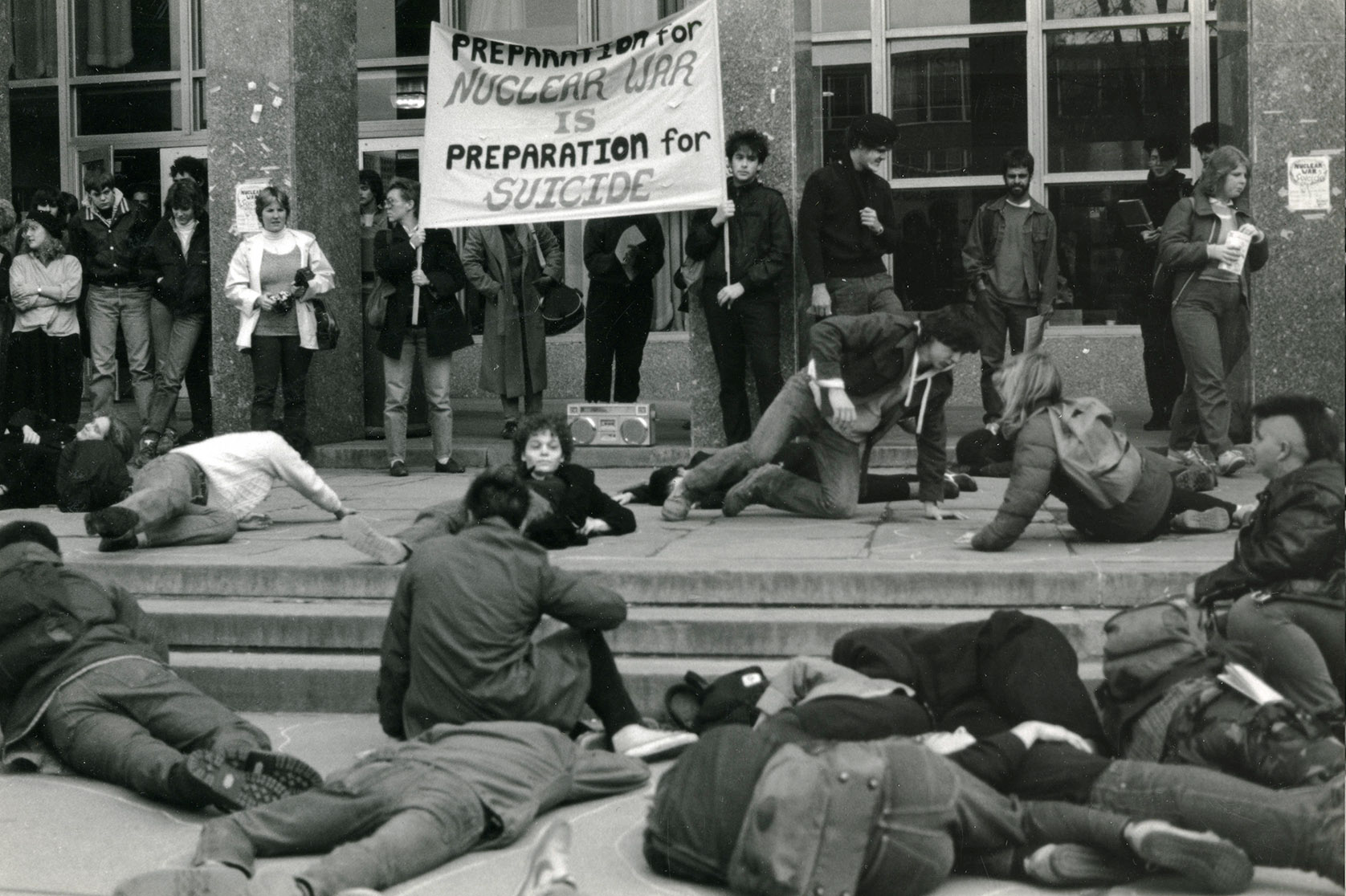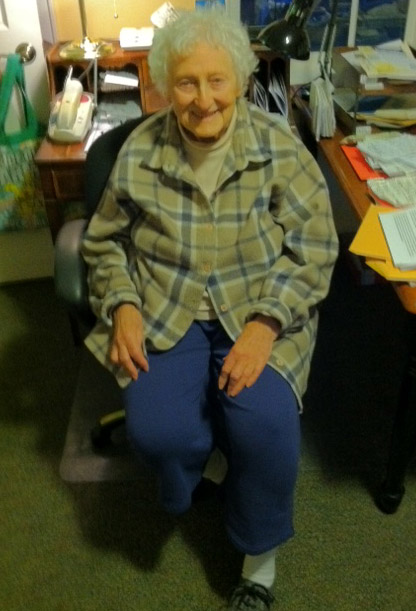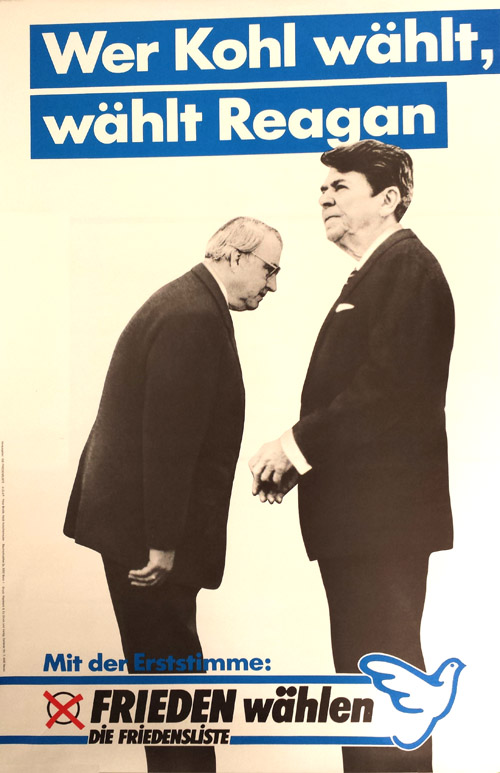Ken Brown, born March 12, 1944 in Dayton, Ohio, is a filmmaker, photographer, cartoonist, designer and collector. He was raised in Amherst, Massachusetts, where he briefly attended UMass Amherst, before moving to Cambridge where he also attended Boston University. In the late 1960s he joined the thriving arts scene in Boston, where his most notable contribution was his film work, now known as Psychedelic Cinema. This live music project was projected onstage at the Boston Tea Party while musical acts like the Velvet Underground and Jimi Hendrix played. Brown made experimental films, using tricks like double exposure and stop motion, with a Super 8mm camera. He also worked as a film teacher in the early 1970s.
In 1975 his career took a fortuitous turn when he started to sell postcards featuring his own drawings. This venture was so successful that he expanded the postcard line to include photographs and collages, mining his own collections, which are characterized by kitsch. From there he expanded the business further to include rubber stamps, eventually adding t-shirts, coffee mugs, tea towels, and wrapping paper to the line; he worked with local businesses to put his art and designs on the products. His unconventional business model attracted the attention of the Harvard Business School, which conducted and published a study of his work. He also continued to make films, which have been featured on MTV and Sesame Street. Since 1985 he has lived in New York City with his wife and frequent collaborator, artist and filmmaker Lisa Crafts. He continues to take photographs and make films about life in the city.
The collection comprises a wide variety of the products Brown has produced and marketed throughout his career. It includes near-complete runs of his postcards, rubber stamps, and wrapping paper; a selection of t-shirts, tea towels, placemats and magnets; published books; and a variety of editioned screen prints made from his cartoons and drawings. The collection also contains ephemera documenting Brown’s career and early artwork in an anti-nuclear publication. The collection is expected to grow over time to include drawings, films, and recent digital photographs.
Acquired from Ken Brown, October 2021




